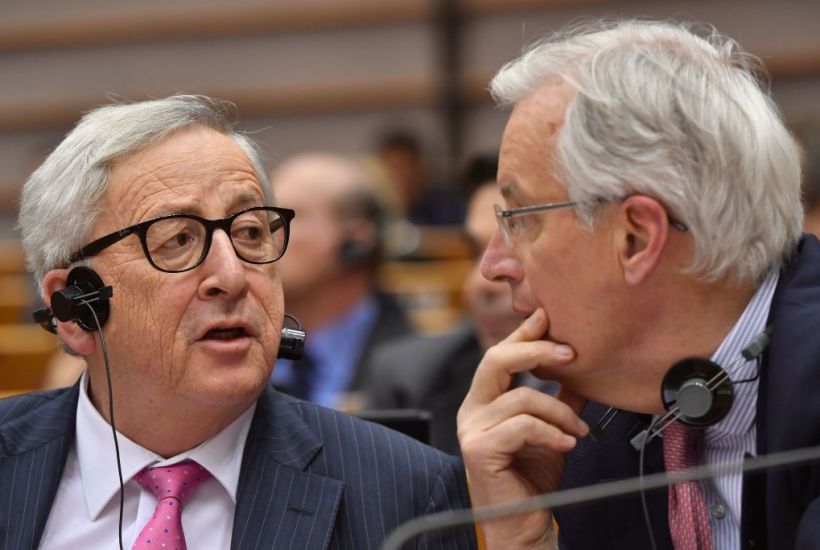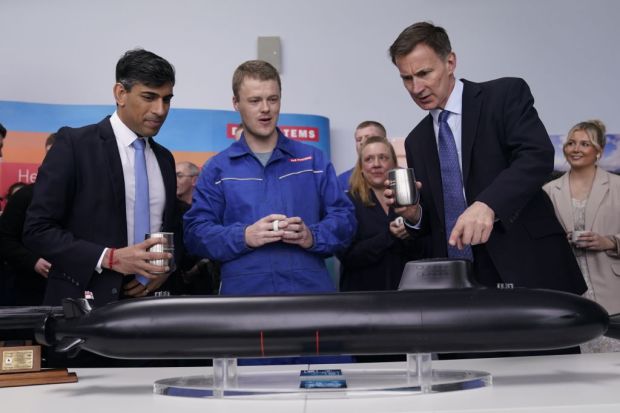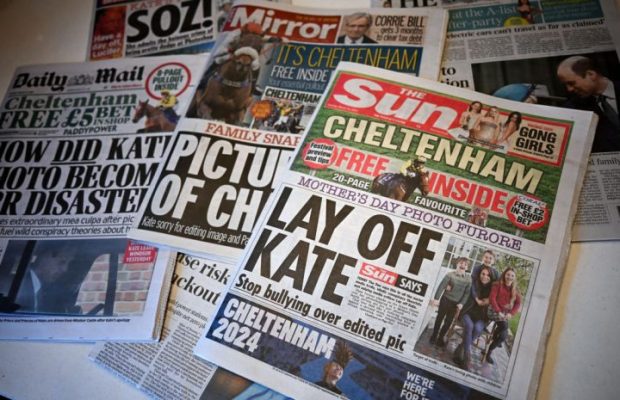It is not good form for the British to be awkward and obstructive. The art of the compromise was the polite British way of doing things. Or so it used to be thought. But Europe’s axis has tilted since Theresa May’s inability to secure an exit from the EU. Jacob Rees-Mogg’s recent tweet calling for Britain to be ‘difficult’ and paralyse the workings of the EU from inside sums up this toppling of conventional etiquette.
Now that the extension has been granted until 31 October with few constraints on British membership, should Britain form an awkward squad in Brussels to block Europe’s institutions? And if so, where do we look for inspiration and lessons in how to be difficult?
A knee jerk reference might be Margaret Thatcher’s 1979 strident cry to Brussels: “I want my money back!” Her dogged pursuit of a British rebate from European meeting to meeting finally paid off in 1984 during the European council’s French presidency. The guileful but charmed Francois Mitterrand facilitated the transaction remarking that Mrs Thatcher has ‘the mouth of Marilyn Monroe and the eyes of Caligula’. But Thatcher never paralysed the institutions and was only successful after nearly five years of hand-bagging.
For a better example we need to cast our minds back to 1965. But it was not in Britain that the model of how to irk Brussels and get one’s way was to be found. For that we have to turn to France. In that year, French president Charles de Gaulle, unhappy that Germany and Brussels were attempting to hand the agricultural subsidies budget to the Commission – and crucially to move from unanimous to majority decision-making – began his ‘empty chair’ policy. At the cabinet meeting on 30 June, he railed against the ‘chimera of federalists’. A few hours later, at 2am the next day, de Gaulle issued strict instructions for the foreign, finance and agriculture ministers to break off all negotiations with their European counterparts. As European decisions were still taken unanimously in what is now the European Council, this effectively blocked the workings of the six-nation community until January the following year. As de Gaulle explained:
‘For the moment, action is leaving an empty chair, it is making partners nervous.’
And so, Europe entered the worst crisis since its inception in 1957.
General de Gaulle was, of course, a master of truculence. Britain knew this all too well from when he headed the French Resistance in London during the war, and then in 1963, when he vetoed Britain’s application to the Common Market.
Notwithstanding the General perhaps being right about Britain’s unsuitability to European community membership, he provoked the crisis at a time when two conceptions of European integration were strongly competing: the General’s Europe des patries, that maintained members’ national sovereignty, and a supranational federal Europe.
The General’s politics of obstructiveness paid off. Brussels backed down. The ‘Luxembourg compromise’ preserved unanimity for important decisions, even if majority voting was introduced where a member state’s vital interest was not at stake.
But de Gaulle was not finished. He fulminated against an integrated Europe that he saw served as an alibi for unrealistic ‘mythomaniacs’ and for ‘petits messieurs’ wanting to be seated with great men.
De Gaulle’s empty chair policy is a striking lesson in getting one’s way with Brussels, in only six months. But could it be borrowed by Britain, were such an unpleasantness even to be contemplated?
Unfortunately not. This approach requires all the bombast and prestige of the General to be successful. Today’s UK government cannot claim anything of the sort. And there is some irony in the idea of Britain applying an ‘empty chair’ policy given that that is what Brexit ultimately seeks to achieve.
Professor John Keiger is a former research director in the Department of Politics and International Studies at the University of Cambridge
Got something to add? Join the discussion and comment below.
Get 10 issues for just $10
Subscribe to The Spectator Australia today for the next 10 magazine issues, plus full online access, for just $10.




















Comments
Don't miss out
Join the conversation with other Spectator Australia readers. Subscribe to leave a comment.
SUBSCRIBEAlready a subscriber? Log in